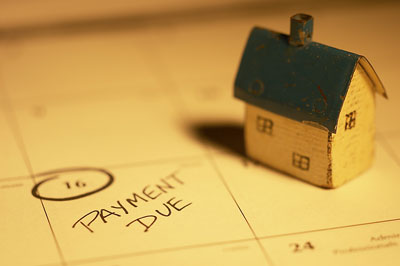What is Debt?
 |
You never want to be overwhelmed with debt! |
Debt is money that is owed. You could owe money to your parents, friends, or a credit card company. There are many businesses and people that you could borrow money from, money that will need to be paid back.
A debt occurs when a creditor, or lender, loans money to a debtor, or borrower, and the borrower agrees to pay the creditor (which could be a person, business, or company) back, usually with interest. Interest is "money paid regularly at a particular rate for the use of money borrowed" ("What is Interest," n.d., Def #2). The lower the interest rate, the less money the borrower must pay back to the creditor. For example, if you take out a loan for $1000 and the annual interest rate is 10%, then you would owe $1100 at the end of the first year - 10% of the original loan amount or $1000 is $100; that value would be added to the original loan value for a total of $1100. Conversely, if the annual interest rate was 5%, then you would owe $1050 at the end of the first year.
There are people who are debt free. It does happen. But, sometimes, it is not possible to be completely debt free. You may need to borrow money to buy a house, finance a car, or pay for your college education. It is important to know what type of debt is good, and what type of debt is bad.
Read more about the top things you should know about debt at CNNMoney.com: Paying Off Debt.
Reference:
What is interest. (n.d.). Retireved from: https://www.google.com/?gfe_rd=cr&ei=e4_2VaXQO-b98weO6ZJg&gws_rd=cr&fg=1#q=what+is+interest